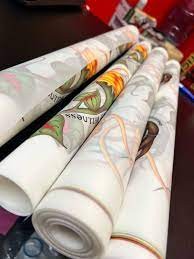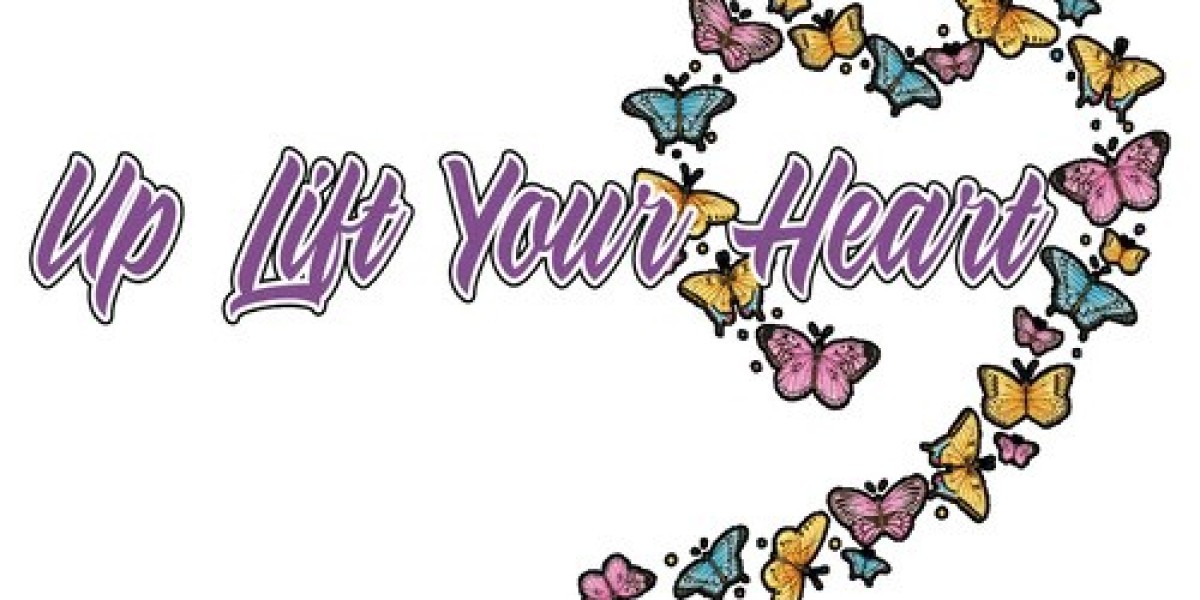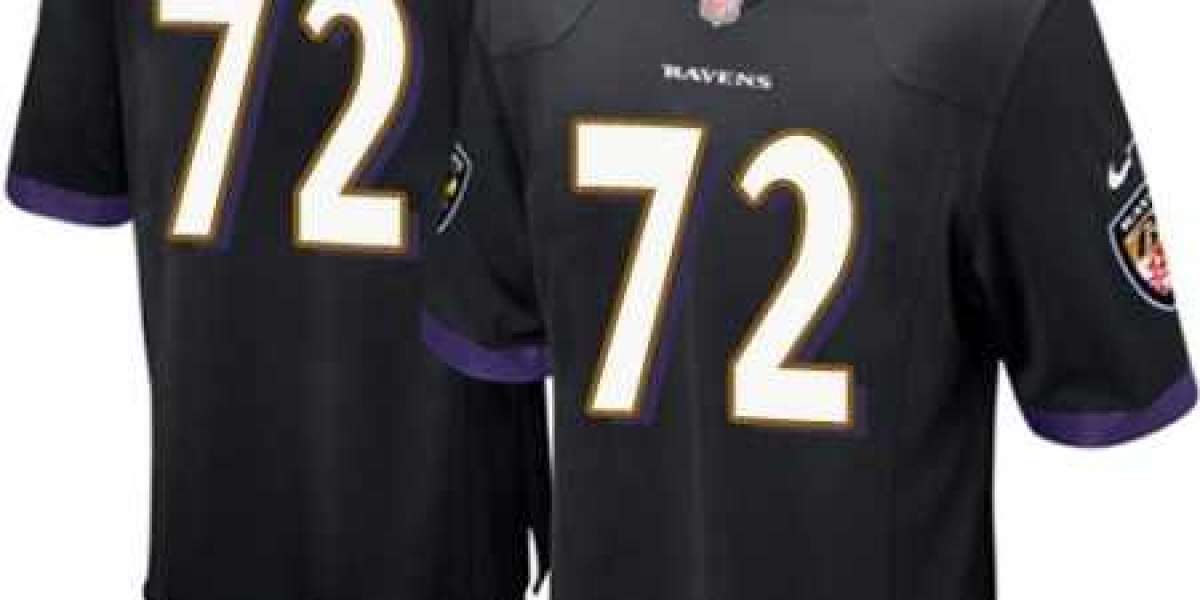What are DTF Transfers?
Direct-to-Film (DTF) transfers have been gaining popularity due to their versatility and durability. Unlike traditional methods that require specific fabrics (like cotton or polyester), DTF transfers can be applied to a wide variety of materials, including cotton, polyester, blends, and even some synthetic fabrics.
The process involves printing the design directly onto a special transfer film and then applying a powdered adhesive. This method allows for rich, vibrant colors and intricate details that can withstand frequent washing and wear. The best DTF transfers provide a soft feel on the fabric while being durable enough for heavy use.

Why Choose DTF?
- Works on various fabric types
- Allows for more detailed and vibrant designs
- Durable and long-lasting
- Ideal for small or large-scale production
Understanding Sublimation Transfers
On the other hand, Sublimation transfers are known for their vibrant, permanent colors that are infused into the fabric. This method only works on polyester fabrics or specially coated items like mugs or phone cases. During the sublimation process, the ink turns into a gas and embeds itself into the material, making the design part of the fabric itself.
While sublimation offers some of the most vibrant color reproduction available, it is limited by the type of fabric and color you can use. The best Sublimation transfers are used on light-colored polyester garments for the best results.
Why Choose Sublimation?
- Produces vivid, long-lasting colors
- Designs become part of the fabric
- Perfect for polyester and coated surfaces
- Excellent for white or light-colored items
Comparing DTF and Sublimation Transfers
Choosing between DTF and Sublimation depends on your project needs. If you need transfers that work on a broader range of fabrics, DTF is your best option. However, if you're looking for exceptional color vibrancy and you're working with polyester, Sublimation might be the better choice.
| Feature | DTF Transfers | Sublimation Transfers |
|---|---|---|
| Fabric Compatibility | Cotton, Polyester, Blends, etc. | Polyester and light fabrics |
| Durability | High | Very High (in polyester fabrics) |
| Color Vibrancy | High | Superior |
| Application | Requires adhesive powder | Direct infusion with heat press |
Finding the Best DTF/Sublimation Transfers
When looking for the best DTF/Sublimation transfers, there are a few key factors to keep in mind:
- Transfer Quality: Ensure that the design details are sharp and vibrant.
- Durability: Look for transfers that can withstand washing and regular use without fading or cracking.
- Ease of Application: Choose transfers that are easy to apply using a heat press and don’t require overly complex processes.
Many businesses and hobbyists prefer a hybrid approach, using both DTF and Sublimation transfers depending on the specific needs of each project. You can always test out both methods to find which one works best for your unique requirements.
Conclusion
In the ever-evolving world of custom apparel and products, understanding the differences between DTF and Sublimation is crucial to making the best choice for your needs. Whether you're looking for versatility or vibrant colors, the best DTF/Sublimation transfers will help you bring your designs to life with professional quality and long-lasting results.



